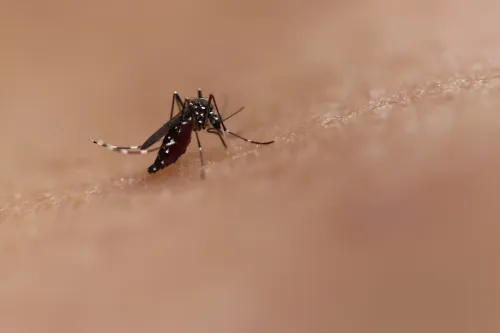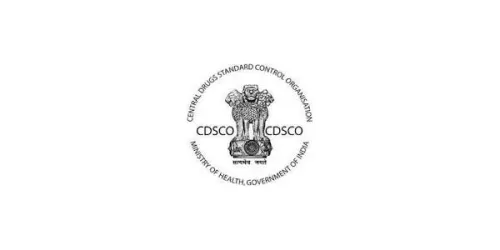Ketogenic Dietary Supplement May Enhance Cancer-Killing Ability of CAR T Cells

New York, Dec 8 (NationPress) A straightforward dietary supplement associated with the ketogenic diet can enhance CAR T cell functionality — a tailored therapy that reprograms the body’s own immune cells to combat cancer, as revealed by a recent study.
Although this method requires further evaluation in clinical trials, initial research suggests it could serve as a potentially affordable strategy to augment CAR T cell performance and cancer-fighting potential, according to findings from the Perelman School of Medicine at the University of Pennsylvania and Penn Medicine’s Abramson Cancer Center in the United States.
“Many patients with blood cancers have benefited from CAR T cell therapy, but it is not effective for everyone,” remarked co-lead author Shan Liu, a postdoctoral fellow.
Liu co-led this investigation with Puneeth Guruprasad, a medical student at the Perelman School of Medicine.
The research team assessed the impact of various diets, including ketogenic, high-fiber, high-fat, high-protein, high-cholesterol, and a control diet, on the tumor-fighting abilities of CAR T cells using a mouse model of diffuse-large B-cell lymphoma.
They observed enhanced tumor control and survival rates in the mice that followed a ketogenic diet compared to all other dietary regimens.
In further studies, they identified that elevated levels of beta-hydroxybutyrate (BHB), a metabolite generated by the liver in response to a ketogenic diet, played a crucial role in this effect.
“Our hypothesis is that CAR T cells prefer BHB as an energy source over conventional sugars in our body, like glucose,” explained Guruprasad. “Thus, raising BHB levels in the body empowers the CAR T cells to eliminate cancer cells more effectively.”
The proposition that BHB supplementation could enhance responses to CAR T cell therapy is currently being evaluated in a Phase I clinical trial at Penn Medicine’s Abramson Cancer Center.
“We are discussing an intervention that is relatively inexpensive and has minimal toxicity,” stated Maayan Levy, PhD, an assistant professor of Microbiology.
“If the results from the clinical trial are favorable, I am thrilled at the prospect of combining a straightforward approach like this with dietary modifications or other conventional methods to amplify the anti-cancer effects,” Levy added.










